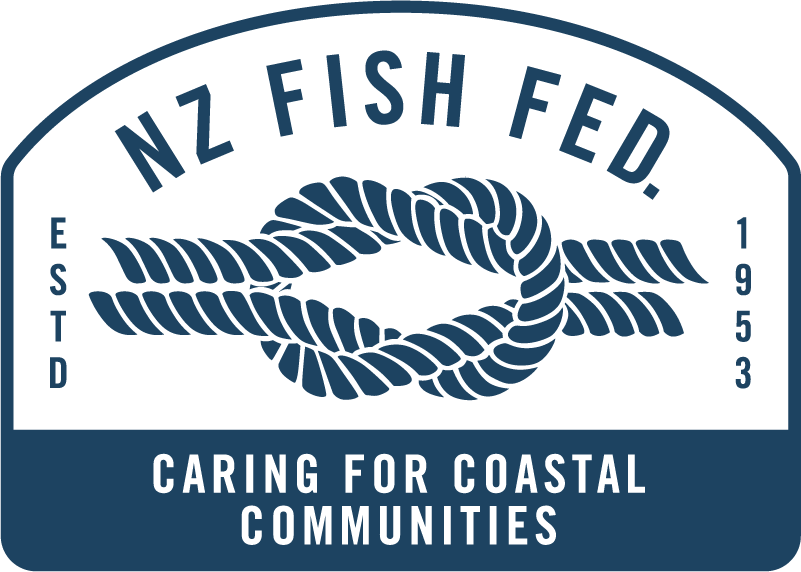Commercial fishers call for Government to develop national land-water integrated management system in wake of Ministerial Inquiry
A New Zealand Federation of Commercial Fishermen (Federation) survey reveals 75% of its members around the country “strongly agree” water quality has been getting increasingly worse following heavy rain due to silt, slash or other debris being present.
The Federation is a national stakeholder organisation representing small and medium fishing businesses and local fishing communities. Following the Government’s February announcement of the two-month Ministerial Inquiry into land use in Tairāwhiti/Gisborne and Hawke’s Bay, the Federation surveyed its 300-plus members to inform its submission, and to ascertain if land-based activities were similarly impacting areas beyond the East Coast of the North Island.
Federation President Doug Saunders-Loder says the results of the survey affirmed what anyone who has been out on the water already knew – sedimentation, slash and other debris such as logs are impacting coastal ecosystems nationwide.
“The crux of the matter is that impacts from land-based activities in coastal regions are not confined to the area in which they occur.
“Research tells us New Zealand ‘loses’ nearly 200 million tonnes of soil into waterways every year. Well, fishers know where a lot of it ends up. They’re the ones catching their lines, pots, set nets and trawl gear on logs and debris, both in the water column and on the seafloor. This creates a major health and safety concern, impacts upon the availability of fish and forces fishermen into other areas, often less productive and more costly to get to.
Some Federation fishers who responded to the survey provided detail about what they’ve encountered on the water, painting a muddy-brown picture.
One described “seeing a brown line well out into the harbour from every river/creek. In Kawau Bay this went out at least 4 to 5 kilometres from the shoreline.” Another spoke about the Coromandel Peninsula, saying, “[After] high rainfall events we fishers see the plumes of sediment laden water exiting from our harbours and coastal catchment rivers and estuaries.”
The survey also asked about the extent of the impact slash, silt or debris had on fishers. Eighty percent of respondents reported having to change where they fished or their fishing methods within the past two years, and half “strongly agreed” the presence of silt, slash and debris has had an impact on them financially due to reduced fishing time, the need to replace damaged or lost gear at personal cost, and the destructive impact sediment washed out from inland waterways has on the species that live in the area.
One fisher from the Marlborough Sound related how he will only make the trip to long-line for School Shark in the Cook Strait after looking at the Cawthron Institute’s CawthronEye tool, which shows true-colour NASA satellite images of New Zealand’s coastal waters. If he can see sediment flowing out from inland rivers and clouding the strait – which happens on a weekly basis – he knows it won’t be worth going out that day.
Furthermore, 55% of respondents “strongly agreed” and 25% “agreed” that the impact of silt, slash, and debris was having on their day-to-day work was detrimental to their mental health and well-being.
Saunders-Loder says the Government needs to undertake a national-level inquiry on the damage and longer-term impacts land-based activities – which include farming, forestry, and urban runoff – and the consequences of severe weather events have on the country’s coasts and fisheries, and then develop an integrated approach to mitigating them.
“Everyone has the same vision for our coasts and oceans. We want healthy ecosystems and thriving fish populations, where both commercial and recreational fishers can catch sustainably. We want secure regional jobs that pay hardworking Kiwis a decent wage, and we want people to be able to put healthy, high-quality seafood on their plates without breaking the bank,” he says.
“Our fishers are a great resource when it comes to seeing how erosion impacts our oceans. Fishers and groups like the Federation need to be a key part of the policy conversation.”




